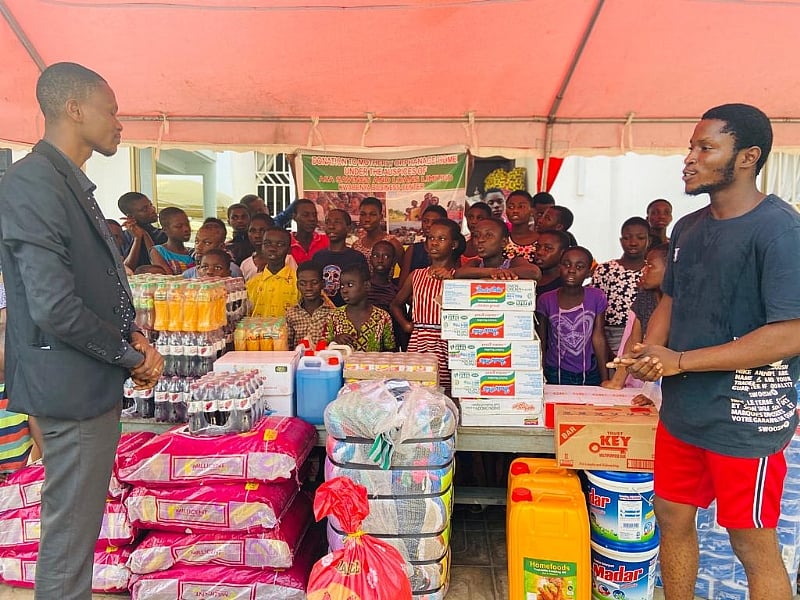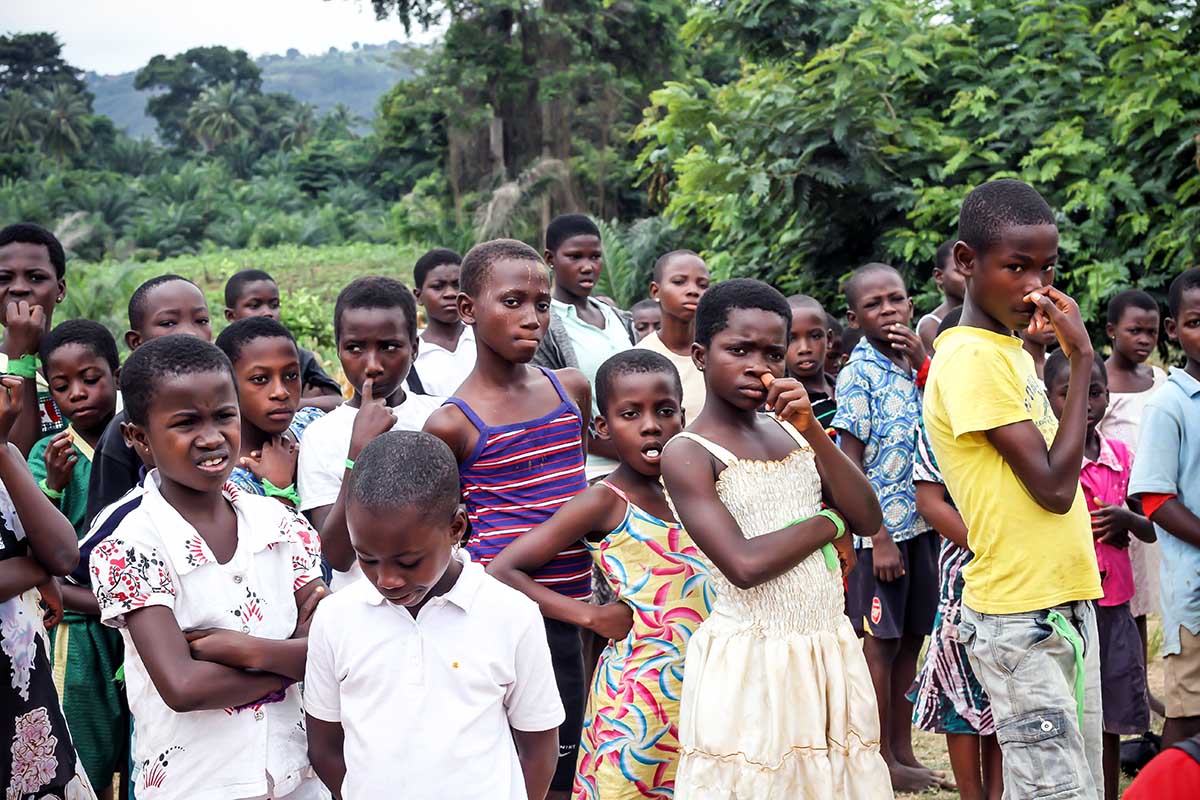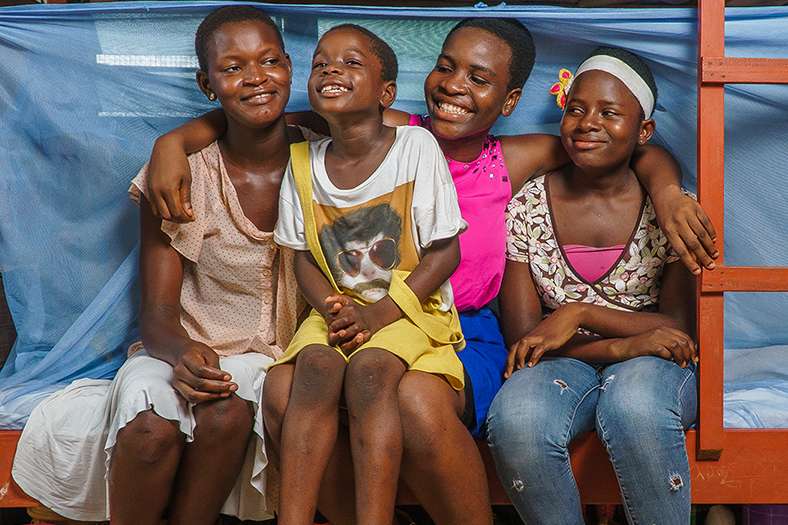The Ministry of Gender, Children and Social Protection has advised that placement of children in residential care should be a last resort and children should remain there for the shortest amount of time possible.
This advice followed a survey that revealed that children in Residential Homes for Children (RHC) in Ghana have been there for nearly 10 years, on average.
The survey confirmed that residential care facilities are not, in fact, ‘orphanages’, since around two in three children living in RHC have at least one living biological parent who could potentially take care of them if they were targeted for appropriate holistic support.

While not directly confirmed by this survey, it is clear from other surveys that poverty is the key driver for the institutionalization of children in Ghana, the Gender Ministry stated. However, poverty – monetary or material – should never be the only justification for removing a child from parental care, receiving a child into residential care, or preventing his/her reintegration, the Ministry warned.
“What poverty does signal is the need for the Government to provide appropriate support to families. When a child has been placed in alternative care, it should be temporary, while the Government actively explores the possibility of family reintegration or, if this is not possible, alternative care in a family setting”.
Ministry for Gender, Children and Social Protection
State of RHC’s Ghana
The survey revealed that Ghana has 139 Residential Homes for children which are largely concentrated in the Greater Accra region. A total of 3,530 children live in residential homes in Ghana, a slight majority of whom are boys. Half of all residential homes for children in Ghana were reported to have a religious affiliation, and all of them were Roman Catholic; the majority of residential homes have been opened between 11 and 20 years ago.
Another key finding was that almost 1 in 4 of these homes are either not registered with the Department of Social Welfare or do not comply with registration requirements. Only about one third of residential homes were found to have a valid license. Around 2 in 3 children living in residential care have at least one living biological parent and close to 90 percent of children who exited residential homes were reunited with family.

Data from the survey suggested that some of the basic needs of children living in RHC are being met, such as those related to accessing basic drinking water and sanitation services and education. However, the data also show that living in institutions has harmful effects on children’s health, development and opportunities throughout their lives. Forty percent of children under age 5 living in RHC in Ghana were found to be moderately or severely stunted and more than half were exposed to violent disciplinary methods.
“The Ministry is concerned that more than 3,500 children live in 139 care institutions in Ghana, where they are deprived of parental care or separated from their families. In many cases, these children have been institutionalized as a result of poverty, violence, abuse, neglect, substance abuse, or the death or illness of a parent, and often lack access to education, health care and family support services”.
Ministry for Gender, Children and Social Protection
The Ministry highlighted that evidence shows that the placement of children under age 3 in family-based care alternatives (that is, formal foster care) pending reunification with family or adoption must continue to be prioritized to minimize the negative impacts on the development of these children.
Protection of Children in Ghana
The Ministry of Gender, Children and Social Protection is mandated to ensure that all children in Ghana live in supportive, protective and caring environments that enable them to develop to their full potential.
Children should only be removed from their families and placed in alternative care in cases of immediate danger and when a child’s parents are unable or unwilling, even with support, to provide adequate care. In Ghana, residential care has historically been the main formal alternative care option for children whose parents or extended families are unable or unwilling to provide for them.
Accurate and reliable data on children living in residential care institutions are essential. However, these children are not identified through household surveys and, as a result, are not typically included in official national statistics on key indicators of child well-being.
This includes indicators that comprise global monitoring frameworks, such as the Sustainable Development Goals. As such, the Ministry partnered with the Ghana Statistical Service and UNICEF to collect data on children in residential care facilities across the country for first time in a separate survey.
READ ALSO: E-levy: There Have Been Transfers Made To The Government- Ken Ashigbey




















